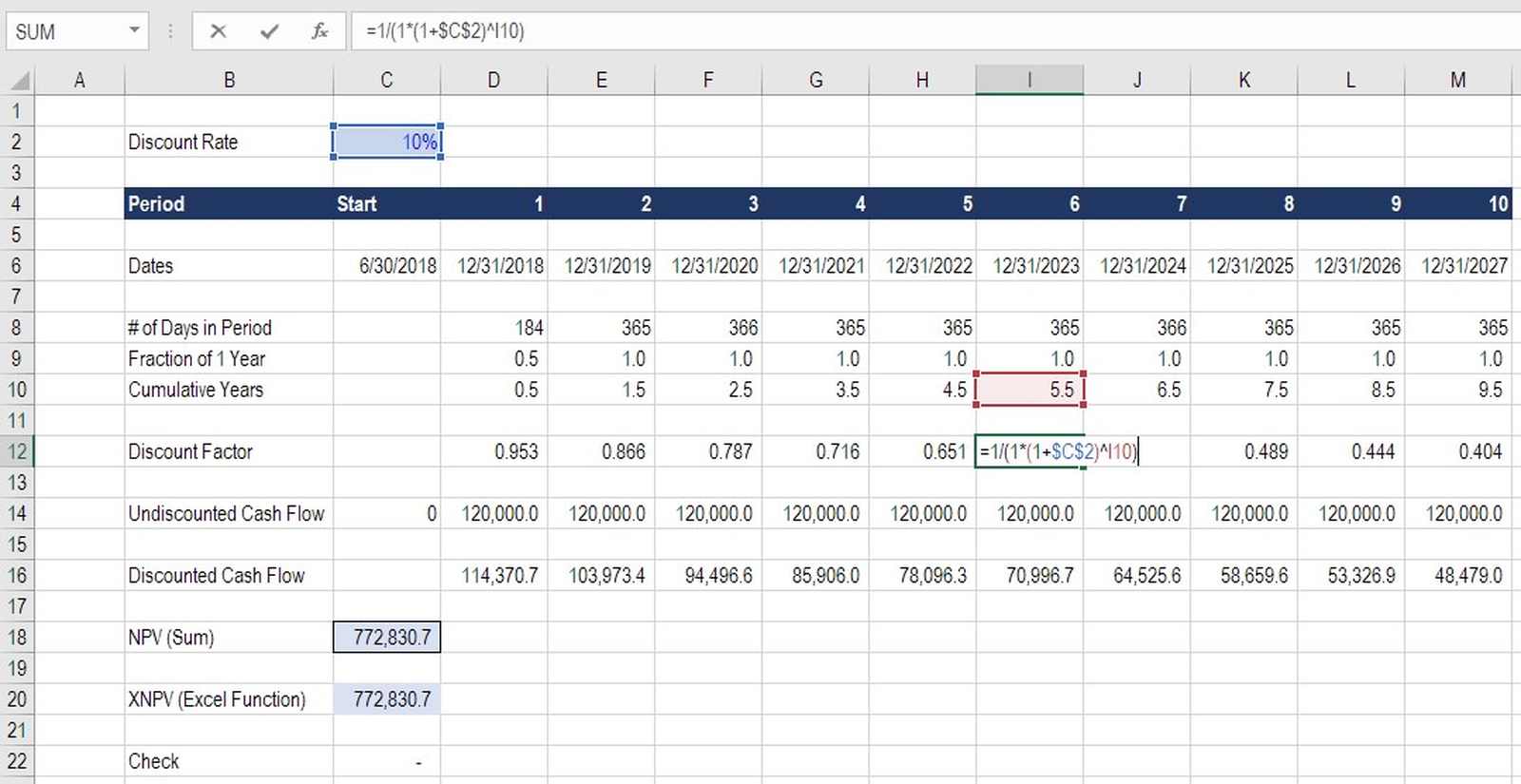If a purchaser asked you to front them the cash to purchase your home from you, you 'd believe they were crazy. It's up to your buyer to figure out a way to spend for your house, right? Think it or not, there are actually house sellers who use to loan purchasers the cash to purchase their property: it's called owner financing. Source: (Ryan Bruce/ Burst) Likewise called seller financing or a purchase-money home loan, owner financing is a plan where the home purchaser borrows some or all of the cash to buy your house from the existing house owner. Sometimes, this takes place since the buyer does not wantor can't certify online forum standard home mortgage from a conventional lending institution.

For instance, let's say the accepted deal in between the Find more info purchaser and seller is $300,000. The purchaser has 20%, or $60,000, to put down on the house, but their home mortgage business only authorizes a loan of $200,000. With seller financing, the seller can provide the buyer the extra $40,000 required to make up the distinction. Nevertheless, seller financing isn't usually anticipated to be a long-term arrangement. It's normally a short-term option until the purchaser can arrange a traditional loan for the complete home mortgage amountnormally within a couple of years. Since that holds true, the terms of these loans are often created to encourage the buyer to seek out alternative financing.

The bright side is that, while this arrangement is a personal mortgage loan between 2 civilians, it is a lawfully binding contract with terms, conditions, and requirements to which both celebrations must adhereand option if the agreement terms are violated. The problem is that it's a personal loan between 2 civilians. And if you've ever run into trouble lending cash to friend or family, it's only natural for the seller to be worried about lending an even bigger sum to a complete stranger. "Seller financing can go actually well if you're handling financially solvent individuals who have good tasks and are truthful," says Edie Waters a top-selling agent in Kansas City, Missouri, who's sold over 74% more homes than her peers.
However that wasn't always the case. In fact, the popularity of seller financing is affected by rates of interest. "Right now we're not in this type of market, but in the '80s, the rates of interest was 18%," says Waters. "And those rate of interest increased very rapidly. So let's say the seller back then had a loan at 8%, however their buyer can only get an 18% rate of interest. That's a 10% space." This common circumstance back in the 1980s, was why seller financing and the contract for deed became a popular option. Instead of paying the bank 18% interest, the seller would keep their 8% home mortgage, and charge their buyer 12% -15% in the new, seller funded home loan.
Excitement About What Is A Yield In Finance
Otherwise you might face problems purchasing another house. If you're still paying a home loan on the home you've seller funded, you'll be responsible for and have to certify for both home mortgages. "Today, I would not recommend that a seller deal owner financing if they still had a loan on their house," encourages Waters. "Not unless they might simply definitely manage it, and wished to use it for a tax reduction." If you do run that threat, you could be stuck paying both home mortgages if your buyer defaults on the loan. Source: (Nicole De Khors/ Burst) There are a great deal of benefits and drawbacks to owner funding, but perhaps the biggest threat that http://kylerjawf685.theglensecret.com/10-easy-facts-about-what-is-a-consumer-finance-company-described the seller needs to fret about is purchaser default.
But you, as the seller, require to prepare that probably anywhere from 60% to 70% of the time you're going to get that house back," recommends Waters. Remember, purchasers who request seller financing typically can't get approved for a conventional mortgage, or a minimum of not for a loan big enough to cover the complete home cost. Which means that they are high-risk borrowers. High-risk purchasers are more most likely to default, but that's not the worst partif they refuse to leave. If they just stop paying you, but do not vacate, you'll need to bear the expense to foreclose on the home.
" There's a great deal of threat on both sides, however there's a lot more danger in it for the seller," states Waters. "If it spoils, the buyer will get a bad credit report, down to 500 or less if they default on a loan. However the seller is stuck with your home and the condition it's in. They're stuck with all the needed repair work, the cost of fixing it up, all the added wear and tear on things like the roof, the appliances and the HEATING AND COOLING. What does ear stand for in finance. And they're stuck with the time and cost of selling it again. So you need to be all right with the threat involved." Aside from the truth that there's a high probability that you'll end up being financially responsible for the seller-financed residential or commercial property again, you may not have the ability to structure the terms of the loan exactly as you 'd like.
Sadly, those reforms even impact personal loanswhich means you might not have the ability to include that incentivizing balloon payment after all. Lastly, considering that you're the one lending the cash, you'll only be making money in small installations over a period of time, similar to a regular lending institution. In other words, you won't be able to access your full equity in the home you sell to assist you buy another one. The news isn't all bad, though. "The tax advantages are potentially huge for sellers financing their buyers," says Waters. We always recommend that they go to with their monetary consultant to make wesley mcdowell sure they understand all the tax rate pros and cons." Since your purchaser is paying you in little increments over a period of several years, the federal government concerns this as an installment sale which comes with substantial tax breaks.
The Ultimate Guide To What Time Does World Finance Open
The biggest pro is that as the lending institution, you retain the title to the property till you're paid completely, so if your buyer does default, your house is still yoursno matter how much money they've already paid towards their home loan. Source: (Ryan Bruce/ Burst) If it seems like seller financing is the right choice for you, then you'll require to know what to do: The first thing you need to do is ensure you're financially protected adequate to face the threats that come with seller financing. It's insufficient to just own your home outrightyou must also have enough money conserved to cover repair work, taxes, insurance coverage, and any other expenses you may need to cover until you can get your home sold again.